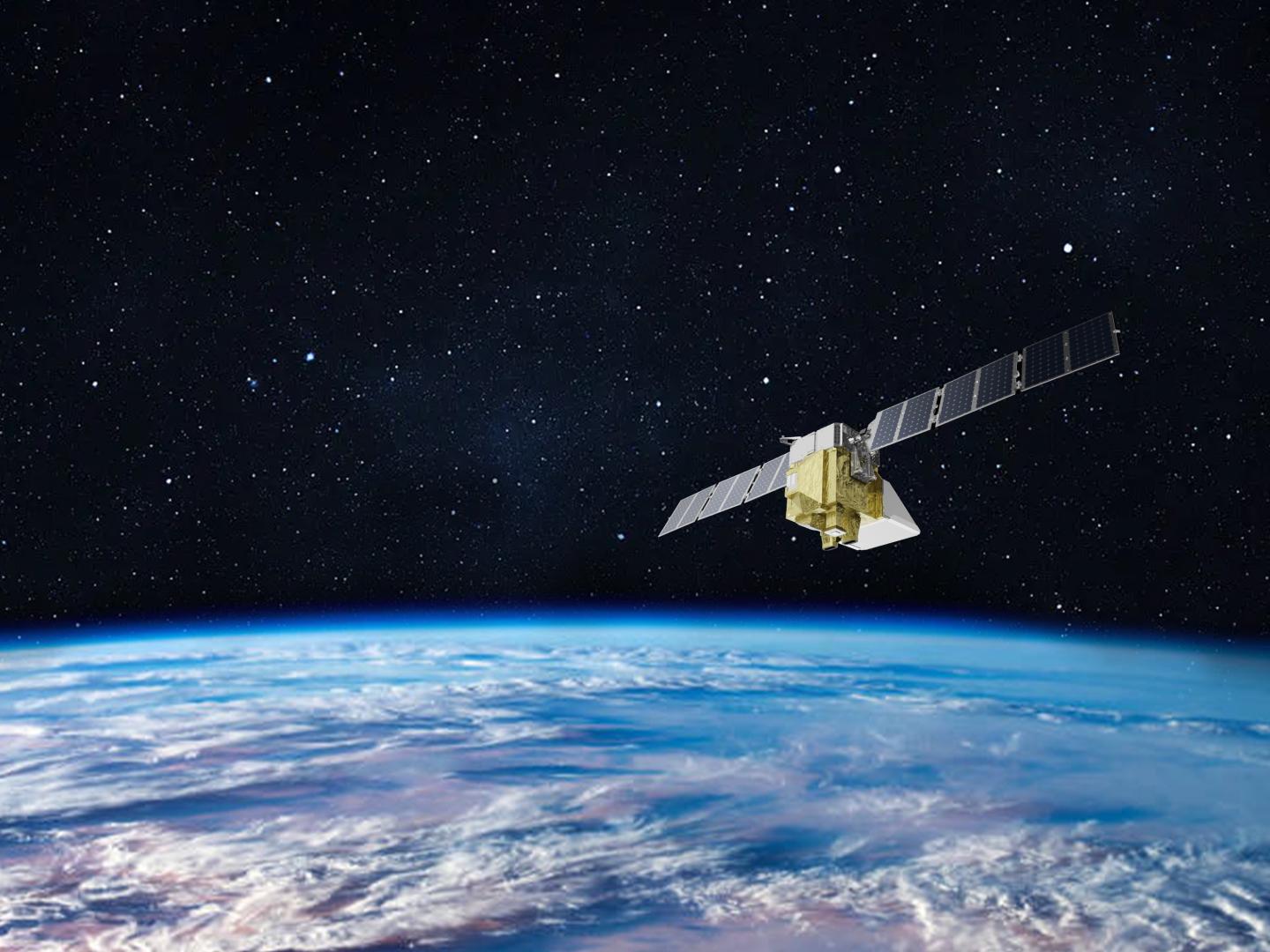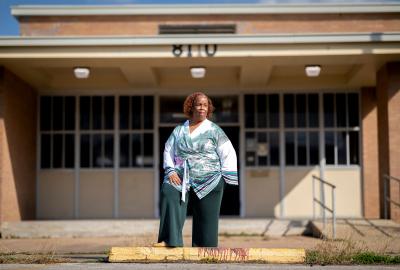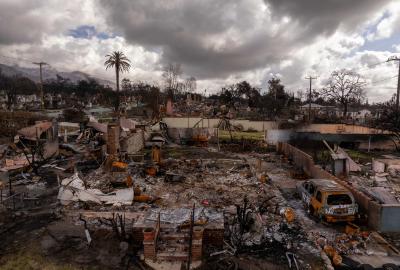UN climate talks yield some progress, much more to do
The UN’s annual climate conference — COP 29 — wrapped up on Nov. 22 after two weeks of difficult negotiations. The conference was held in Baku, Azerbaijan, and brought together more than 70,000 attendees from around the world.
Here are some of the top takeaways.

Funding to fight the climate crisis fell short
Throughout the conference, negotiators grappled with how to financially support the nations that have produced relatively little climate pollution yet are suffering from devastating extreme weather driven by climate change. Wealthy countries, responsible for the majority of the pollution heating the planet today, ultimately agreed to a target of $300 billion annually by 2035 to help vulnerable nations both adapt to the impacts of climate change and transition to clean energy.
But this is only a fraction of the $1.3 trillion needed, according to economists. While the agreement does require countries to make a plan to reach $1.3 trillion, many expressed disappointment.
"The climate crisis demands bold leadership, decisive action, and inclusive processes — not hesitation and half-measures,” said Environmental Defense Fund’s Angela Churie Kallhauge. “The outcome falls well below the expectations of developing countries.”
Environmental news that matters, straight to your inbox
Political uncertainty was met with resolve
The mood at COP29 was steadfast despite political changes around the world, including the election of Donald Trump in the United States. Trump has again promised to pull the U.S. out of the Paris Agreement, an international climate treaty born out of the 21st COP in Paris in 2015.
At COP29, a coalition of countries, including the U.K., Canada, Mexico, Norway and the EU, pledged to stay the course with or without the U.S., and further cut their climate pollution to meet the most ambitious targets agreed to in Paris.
"What I heard was a steely resolve,” said EDF President Fred Krupp, who attended COP29. “Other nations are determined to step in and lead the fight for a safer climate if the U.S. does step back.”
Progress on carbon markets
After years of stalled talks, negotiators came to an agreement on rules for a United Nations-administered global carbon market for emissions trading that could unlock billions to help fight climate change. Carbon markets are an economic strategy meant to reduce the amount of carbon dioxide in the atmosphere while raising capital for climate solutions.
Negotiators agreed on a centralized market organized by the UN, but there’s still work to be done to ensure the credits traded on the market actually reduce carbon dioxide from the atmosphere effectively and benefit communities.
“[This is] a historic milestone in establishing carbon market cooperation to boost ambition and mobilize urgent climate finance,” said EDF’s Pedro Martins Barata, a former negotiator for Portugal on carbon markets. “But climate justice and social safeguards can't be afterthoughts — they are fundamental to the success and fairness of these mechanisms.”
A new methane-hunting satellite showcased its precision
Methane, the main component of natural gas, is also a potent super-pollutant responsible for a whopping one-third of the warming the planet is currently experiencing.

Much of the world’s methane emissions come from oil and gas operations, which the industry already has the technology to reduce.
At last year’s UN climate talks, more than 50 oil and gas companies agreed to drastically reduce their emissions. Earlier this year, EDF, the International Energy Agency and UN Environment Programme outlined a new framework to help companies turn pledges into meaningful progress, including using emissions data from satellites like MethaneSAT.
MethaneSAT has been circling the globe since March and released never-before-seen images at COP29 to showcase its groundbreaking ability to produce high-resolution data, including finding methane pollution that is invisible to other satellites.
There’s still much more to do
Negotiators’ attention now turns to COP30, the UN’s next climate conference in Brazil. The stakes will be high: countries must continue to grapple with how to rapidly scale up money for climate action — while they also update their national climate plans.
“The upcoming COP30 in Belém, Brazil requires the international community to set higher standards for climate action,” said Churie Kallhauge. “The need to accelerate climate action across all fronts has never been more urgent.”


